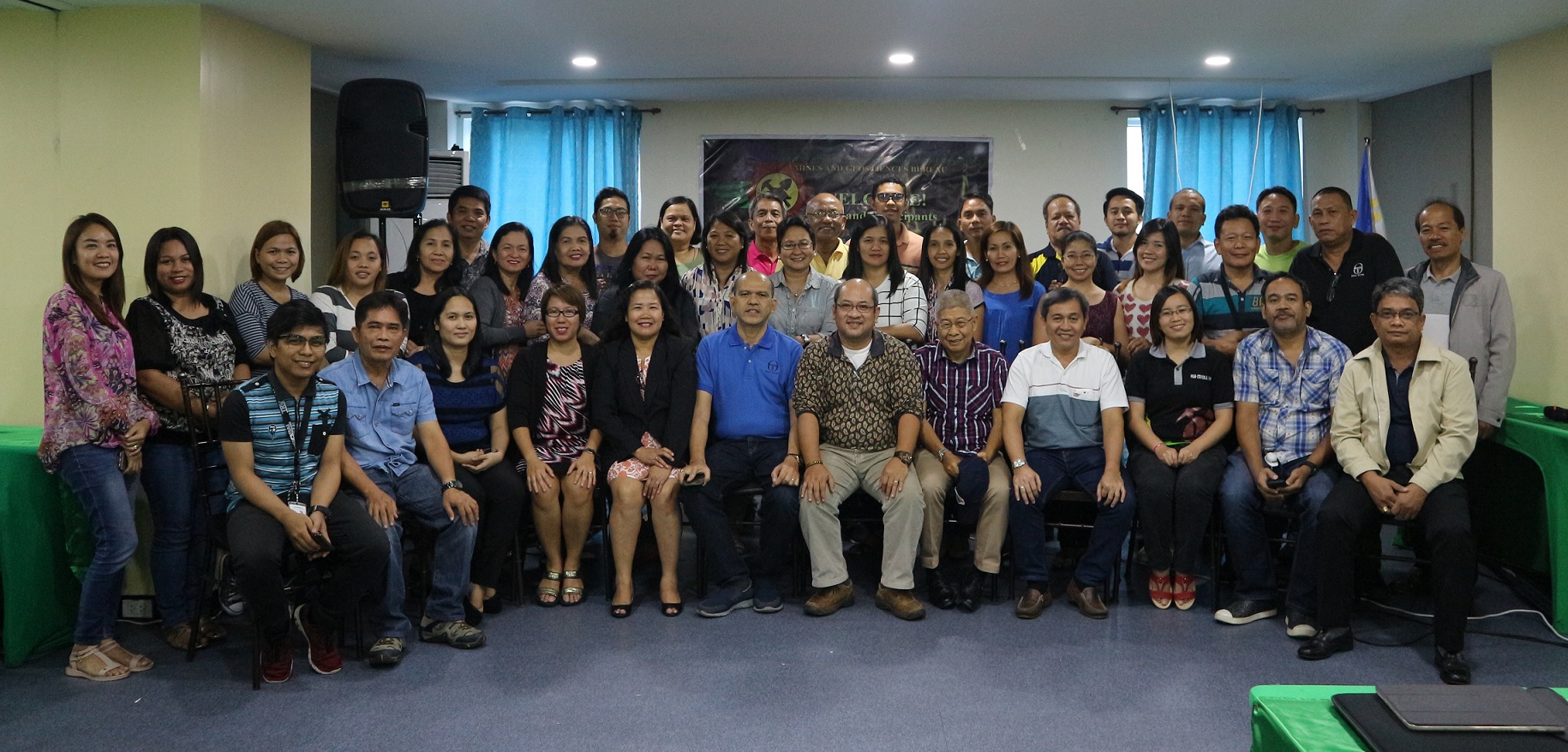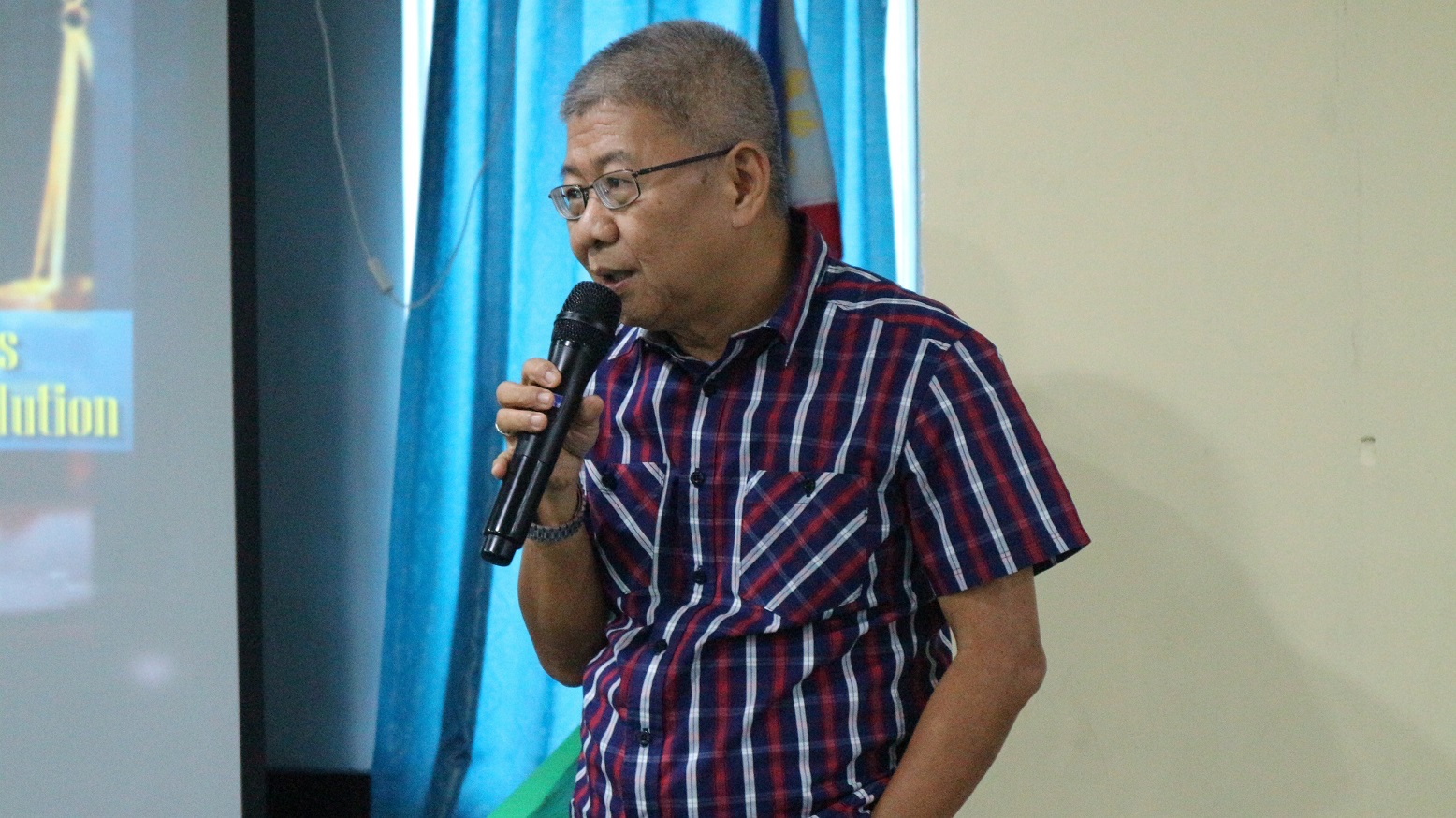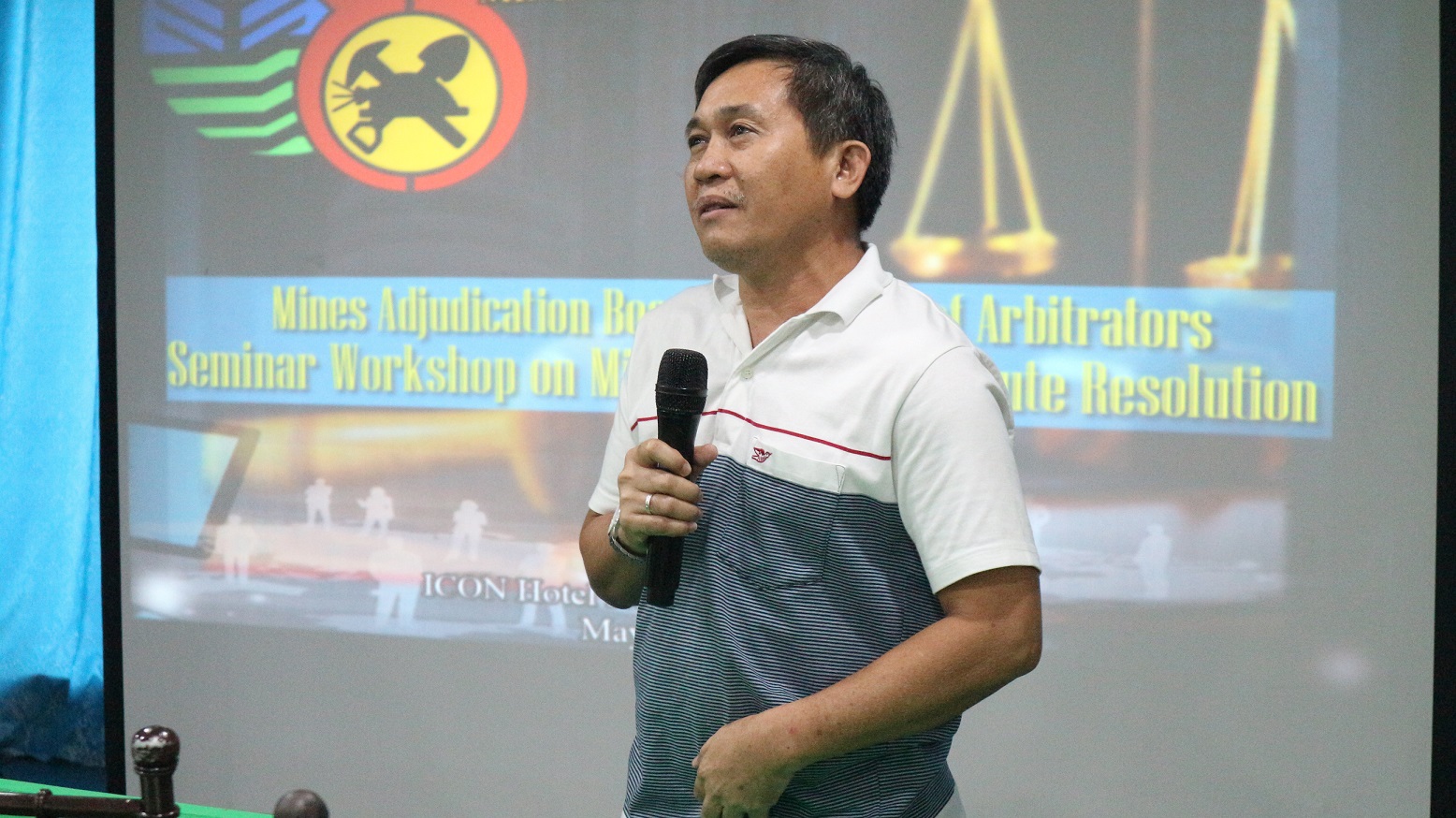The Mines and Geosciences Bureau (MGB) is going to adopt a new approach in resolving mining cases to potentially create a great impact in increasing access to justice and a speedy resolution of mining cases.
The MGB will now use a two-step Alternative Dispute Resolution (ADR) process that includes mediation, followed by arbitration.
A separate Stand-alone Rules for the ADR processes shall also be designed, taking into consideration Section 15 of the current Rules on Pleading, Practice and Procedure before the Panel of Arbitrators (POA) and the Mines Adjudication Board (MAB). The MGB is yet to decide on how this would be structured administratively.
The two-step ADR process was the outcome of the five-day seminar-workshop attended by MGB personnel, as a prelude to craft the ADR Rules and Guidelines to resolve mining disputes and controversies other than by adjudication of any magistrate, court or tribunal, in adherence to settling mining conflicts and disputes amicably, as mandated by Republic Act No. 9285, otherwise known as the ADR Law.
According to Sec. 2 of the ADR Act, ADR is defined as “a process or procedure used to resolve a dispute or controversy, other than by adjudication of a presiding judge of a court or an officer of a government agency, in which a neutral third person participates to assist in the resolution of issues, including arbitration, mediation, conciliation, early neutral evaluation, mini-trial, or any combination thereof.”
Under the ADR Act, the use of ADR to resolve disputes among parties is strongly encouraged for reasons, as follows: 1) to reduce delay in decision-making; 2) to minimize the necessity of seeking court relief; 3) to actively promote party autonomy in the resolution of disputes; and 4) to achieve speedy and impartial justice and declog court dockets.
Pursuant thereto, Executive Order (EO) No. 97 and Department of Environment and Natural Resources Administrative Order (DAO) No. 2005-18 in re: Adoption of Alternative Dispute Resolution (ADR) Principles and Procedures in the Resolution of Appropriate Environment and Natural Resources Conflicts, were issued.
Section 7 of the DAO mandated the POA and the MAB to “create or modify their respective rules of procedures, where appropriate, to incorporate ADR principles or steps in addressing conflicts or hearing cases under their jurisdiction.”
Meanwhile, the MGB honored five DENR-MGB personnel during the workshop for having been the pioneer in the POA, namely: Atty. Renato John C. Bestre of DENR-CAR, Atty. Gil A. Aromin of DENR Region II, Atty. Fernando S. Belandres of DENR-CALABARZON, Engr. Rene B. dela Cruz of MGB Region VI and Engr. Efren B. Carrido of MGB Region XII. They have been members from 1996 up to the present.
In their respective messages, both OIC Regional Director Atty. Aromin and Engr. Carrido spoke of dedication and love for work without expecting anything in return. Their messages served as an inspiration to the new generation and the succeeding generations of POAs to come, according to the participants.
The participants expressed their gratitude and appreciation for the unrelenting services that the five honorees rendered as Members of the Panel of Arbitrators, from the time it was created until the present.
The 5th MAB and POA seminar-workshop was held last May 22-26, 2017, participated by personnel from DENR-MGB Regional Offices (Cordillera Administrative Region, Regions I to XIII) who are Members and Administrative Support of the said quasi-judicial bodies.
By: Legal Service Division
 Participants during 5th MAB/POA Seminar Workshop
Participants during 5th MAB/POA Seminar Workshop


**Not in the picture: Attys. Bestre and Belandres and Engr. Dela Cruz
